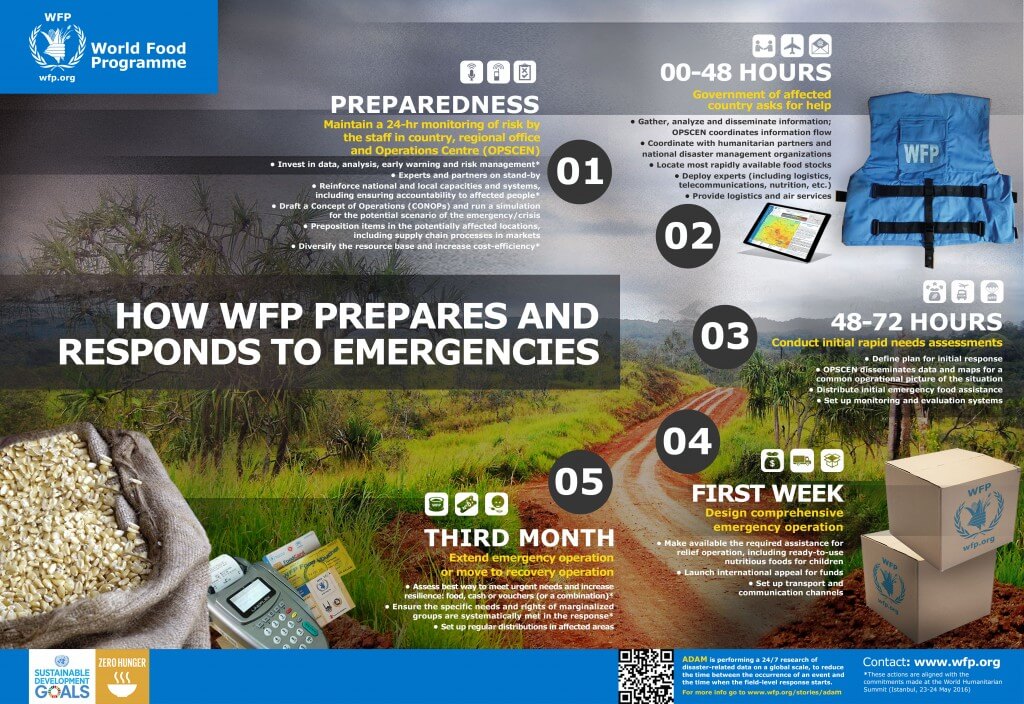The goal of strategic planning should be to produce a Plan that is 1) relevant, realistic and flexible; 2) with a very highly likelihood of being implemented; 3) in order to achieve the purpose of the planning, e.g., a purpose to evolve to the next stage of development, expand marketshare or survive major cost-cutting.
A Plan is much more likely to achieve that goal if it has emerged from discussions that were highly inclusive, participatory and strategic. Discussions are much more likely to have those features if the participants feel strong buy-in to the discussions. That buy-in starts from their strong understanding, ownership and commitment to the process in the discussions.
The job of the facilitator is first to recommend the best design that will produce those features and that buy-in in the discussions. The facilitator’s recommendations are much more likely to be useful and accepted if the facilitator has taken the time to learn about the client’s organization, its culture, its past planning, how it makes decisions and solve problems, what resources it has for planning, etc. That learning is much more likely to be accurate and meaningful if the facilitator solicited and seriously considered opinions from 2-3 key members of the organization who know their roles to advise the facilitator.
But the approval – the final judge – of the design of the process is not based on who has the most planning expertise. It’s based on who has the most expertise about the way that people in the organization are most likely to engage in strategic discussions — it’s the discussions that matter the most, not the production of the plan. So the facilitator should be open to negotiating the design of the planning process. If the negotiations are likely to produce a design that the facilitator cannot accept ethically as a consultant, then the facilitator should not do the project.
What do you think?
Carter McNamara, MBA, PhD, faculty member of the Consultants Development Institute.




